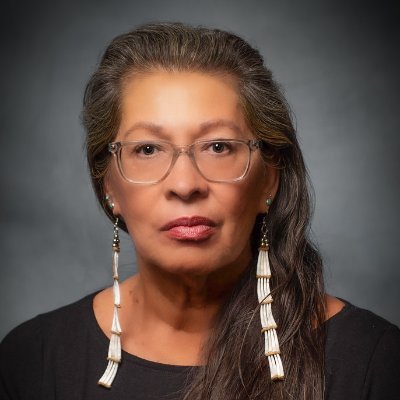Guest Opinion. Experts say Alligator Alcatraz, Florida’s new detention center built without tribal consent in violation of treaty rights and tribal sovereignty, is also flawed and will compromise the safety of people being held there.

In fact, even video posted by the administration on social media showed water covering the ground dangerously near electricity cables during a storm just as the first detainees were due to arrive.
In the last 10 years, Florida has been hit by 13 hurricanes, seven have been category three or higher. Obviously, as Dr Patrick McSharry, Professor at Carnegie Mellon University and former head of catastrophe risk financing at Oxford University, told Sky News "there's no way that a tent is going to be in any way something that you would advise someone to be in” during a hurricane of any strength.
According to the Center for Biological Diversity, the site and the wetlands immediately surrounding it is habitat for the endangered Florida panther and other iconic species. The waste water and other contaminants from the center threatens the entire Everglades ecosystem.
Federal environmental regulations were tossed aside.
Tribal sovereignty was violated.
Detainees have already reported inhumane conditions, including one meal a day, maggots in food, and no water available for showers.
And the private prison contractors may have engaged in a pay to play scheme of donations to Trump and Republicans in exchange for contracts.
Judith LeBlanc (Caddo), executive director of Native Organizers Alliance Action Fund, whixh is a partner to Native Organizers Alliance.
More Stories Like This
Superhuman. Should We Be Better Than We Are?Senator Ben Nighthorse Campbell Proved Representation Matters
The Lie We Keep Telling About Wounded Knee
Another Weapon of Mass Destruction
Colorado cannot heal until it confronts Sand Creek honestly
Help us defend tribal sovereignty.
At Native News Online, our mission is rooted in telling the stories that strengthen sovereignty and uplift Indigenous voices — not just at year’s end, but every single day.
Because of your generosity last year, we were able to keep our reporters on the ground in tribal communities, at national gatherings and in the halls of Congress — covering the issues that matter most to Indian Country: sovereignty, culture, education, health and economic opportunity.
That support sustained us through a tough year in 2025. Now, as we look to the year ahead, we need your help right now to ensure warrior journalism remains strong — reporting that defends tribal sovereignty, amplifies Native truth, and holds power accountable.
 The stakes couldn't be higher. Your support keeps Native voices heard, Native stories told and Native sovereignty defended.
The stakes couldn't be higher. Your support keeps Native voices heard, Native stories told and Native sovereignty defended.
Stand with Warrior Journalism today.
Levi Rickert (Potawatomi), Editor & Publisher
